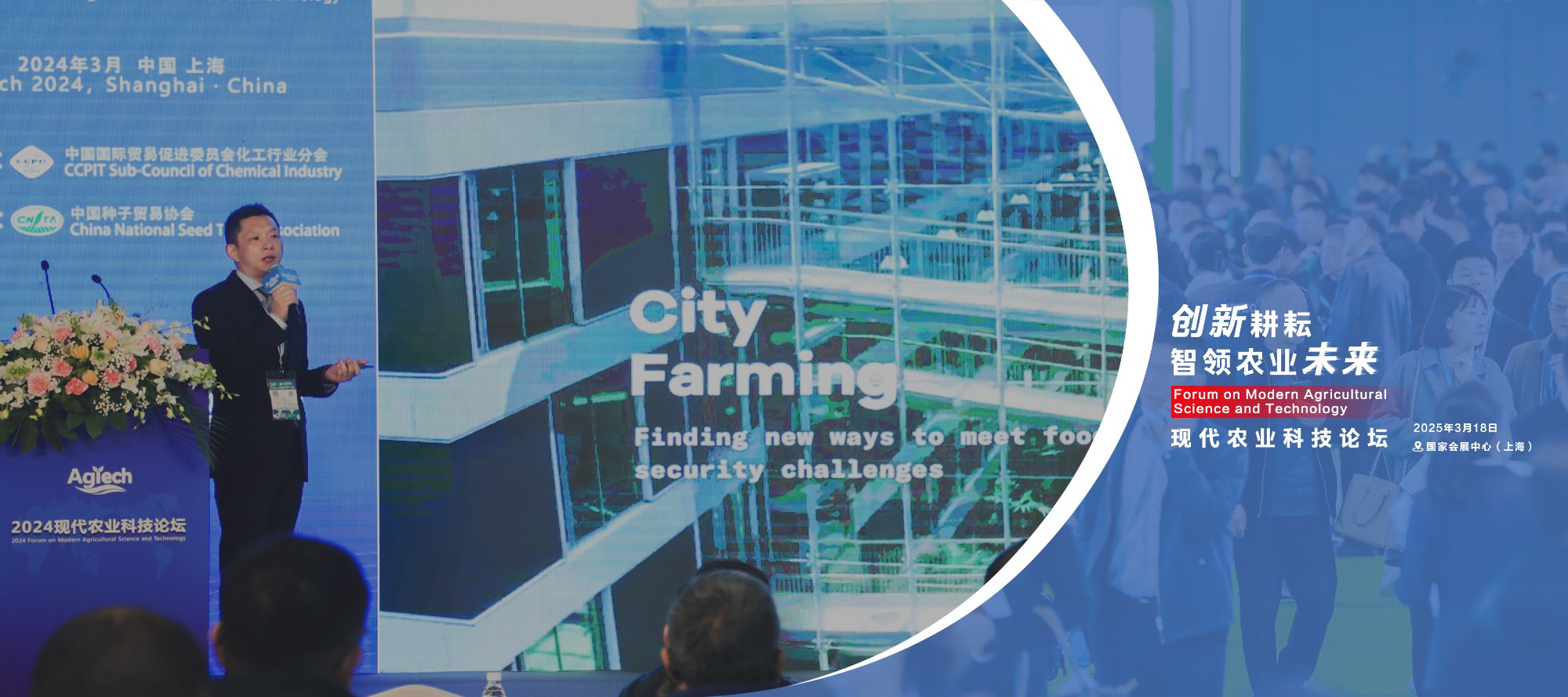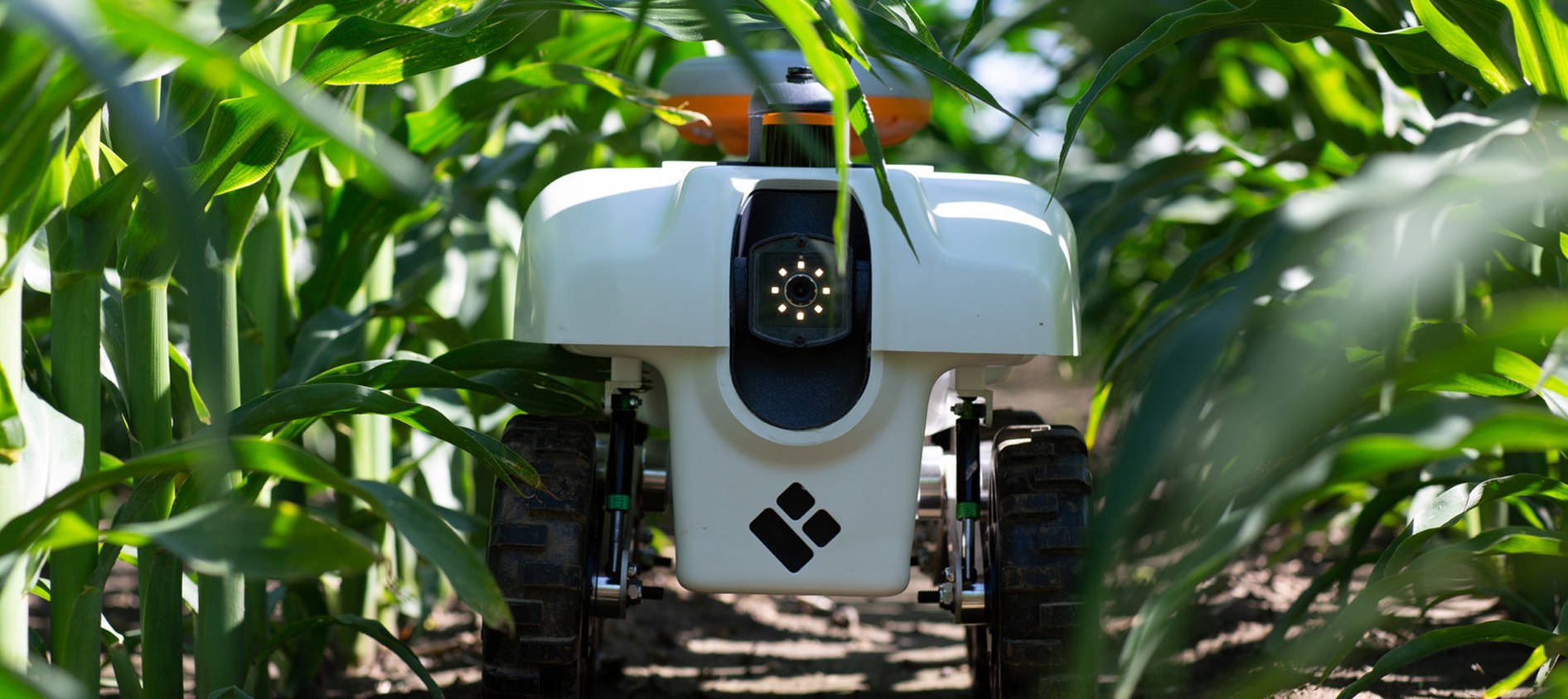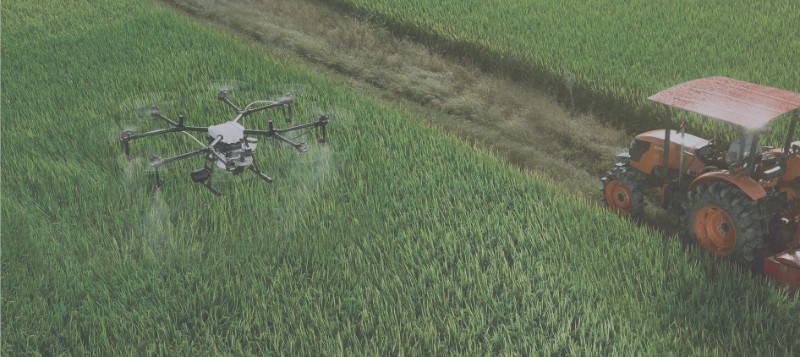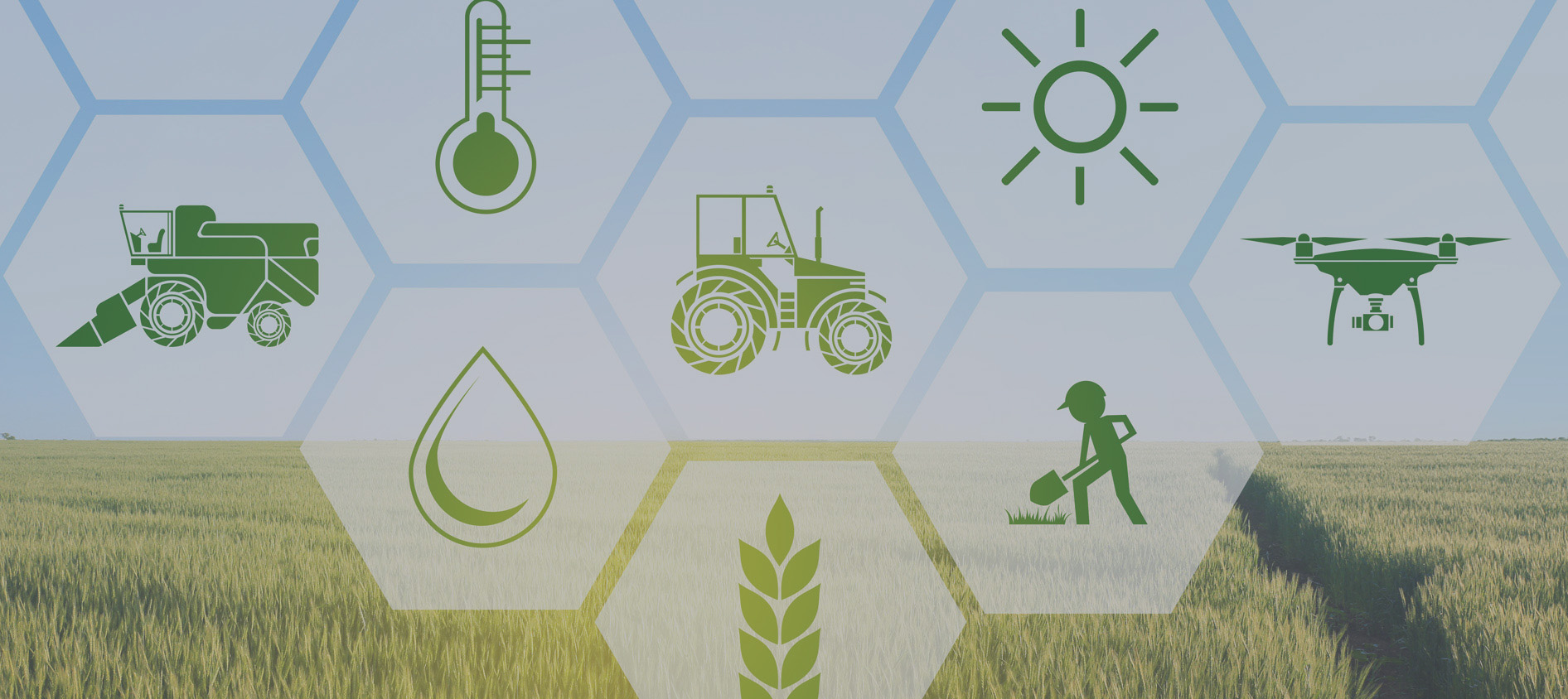Academician Zhao Chunjiang published the report "China's Smart Agriculture Development Status and Future Trends in 2024,"
Recently, the People's Daily Online Research Institute released the "China Smart Internet Development Report (2025)," a blue book on the smart internet. The report, written by Zhao Chunjiang, an academician of the Chinese Academy of Engineering and director and chief scientist of the National Agricultural Informatization Engineering and Technology Research Center of the Beijing Academy of Agricultural and Forestry Sciences, points out that my country attaches great importance to the development of smart agriculture, with significant progress in areas such as smart breeding, unmanned farms, intelligent and efficient facility horticulture, smart ranches, smart fisheries, and smart supply chains for agricultural products. Looking ahead, technological innovation and application development in smart agriculture will continue to accelerate, making it a new growth driver for the agricultural economy.
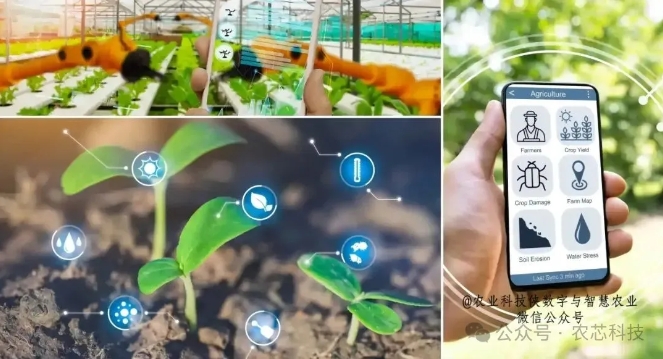
Three major trends are expected in the future development of smart agriculture in my country:
First, Beidou satellite navigation and the "cloud, big data, Internet of Things, mobile, intelligence, and edge" approach will become the core technological support for smart agriculture. Looking ahead, cutting-edge technologies centered around Beidou satellite navigation and the "Cloud, Big Data, Internet of Things, Mobile Internet, Artificial Intelligence, and Edge" (cloud computing, big data, the Internet of Things, mobile internet, artificial intelligence, blockchain, and edge computing) will comprehensively support the intelligent upgrade of the agricultural industry chain. An integrated sky, land, and sea monitoring system will serve as a crucial foundation for data collection, monitoring, and management in smart agriculture. By integrating satellite remote sensing, aerial drones, ground sensors, and ocean monitoring equipment, a comprehensive, multi-layered, and three-dimensional monitoring system will be established. Large, high-powered, high-end intelligent agricultural machinery based on Beidou satellite navigation, small intelligent machinery suitable for hilly and mountainous areas, and efficient, specialized agricultural machinery for specialty crop production and breeding will be widely adopted, fully realizing the replacement of labor with machines. Cutting-edge technologies such as big data and artificial intelligence models will be deeply integrated and applied in the agricultural sector, promoting data-driven, intelligent decision-making across the entire agricultural industry chain. Blockchain technology will play a vital role in agricultural product supply chain management, truly achieving full traceability of agricultural products from field to table.
Second, smart agriculture application scenarios will encompass the entire industry chain, transforming it from a "bonsai" (a bonsai) to a "landscape." The deep integration of modern information technology and agriculture has become the norm. The integration of humans, machines, and objects is accelerating, driving the rapid adoption of unmanned and intelligent agricultural applications. The development of smart agriculture will move from the "bonsai" stage of localized pilot demonstrations to the "landscape" stage of widespread implementation. In the future, modern information technology, with its powerful process-reshaping capabilities, will profoundly transform the entire agricultural ecosystem, achieving "ecological integration" and "genetic recombination" from agricultural production to operations, management, and services. Unmanned and intelligent applications are becoming mainstream, giving rise to a wide range of innovative scenarios, including smart breeding, unmanned farms, smart greenhouses, smart ranches, smart fisheries, and smart agricultural supply chains. Scenes of harmonious human-machine interaction, beautiful environments, and autonomous machine operation will become ubiquitous, comprehensively improving agricultural production efficiency, optimizing the division of labor, and enhancing the effectiveness of links across agricultural processes, driving agricultural productivity towards high efficiency, high efficiency, and high returns. Smart agriculture will become a major form of modern agricultural development, accelerating the transformation of agriculture towards unmanned, intelligent, and green operations, and ushering in a new chapter in agricultural development.
Third, the low-altitude economy, green and low-carbon economy, and smart agriculture will accelerate their integration, becoming a new growth point for agriculture. With the global economic transformation and upgrading, the low-altitude economy, green and low-carbon economy, and smart agriculture will accelerate their integration, becoming a key engine driving agricultural modernization and creating new growth points for agricultural development. The low-altitude economy has become a strategic emerging industry in my country, and the integration of low-altitude economy and smart agriculture will inject new momentum into agricultural development. With the rapid development of the agricultural low-altitude economy, supported by equipment such as drones and low-altitude aircraft, low-altitude technology will comprehensively empower fields such as farmland monitoring, crop planting, and pest and disease control, providing precise and efficient solutions for agricultural production. Furthermore, against the backdrop of global climate change and increasing pressure on resources and the environment, the integration of green and low-carbon economy and smart agriculture will become an inevitable choice. The widespread application of green and smart agricultural technologies such as precision fertilization and pesticide application, intelligent irrigation systems, and integrated water and fertilizer systems will promote agricultural "carbon reduction, pollution reduction, green expansion, and growth," forming a new model for agricultural economic development that is resource-conserving, environmentally friendly, and energy-efficient. Looking into the future, the agricultural low-altitude economy and the agricultural smart low-carbon economy are expected to become new engines of agricultural economic growth and important business forms for the sustainable development of my country's economic, social and ecological environment and farmers' innovation and entrepreneurship.




